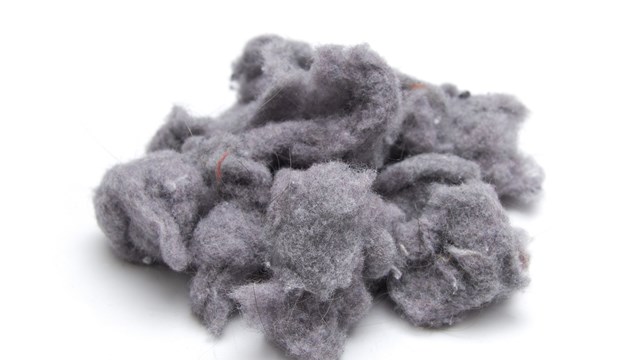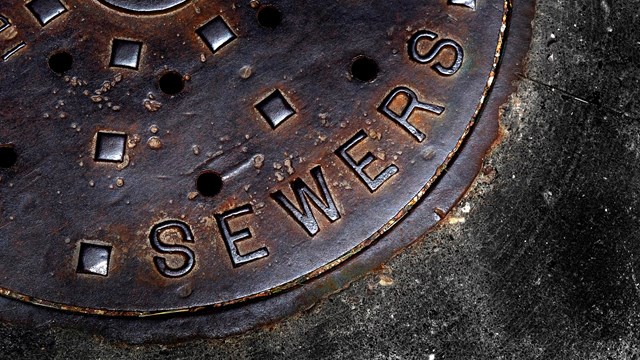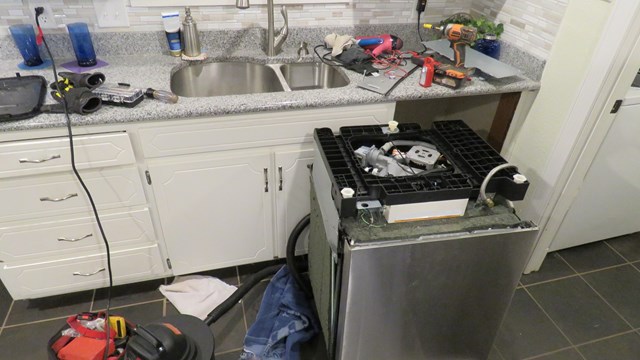Q As a board member of an Upper West Side Building, we have grappled with the notion of washing machines in apartments. Those that have them may keep them and update them. Those that do not already have washing machines cannot install them. This decision is based solely on the idea that our pipes cannot handle the waste (soap suds) that these machines create. Can you tell me if washing machines generate as much suds as dishwashers? Is there much of a difference in how either one affects the existing drains of a co-op?
—West Side Washer
“Installation of washing machines would be suggested in those lines of apartments that are problem-free. Washing machines should not be allowed if there have been ongoing drainage problems on any particular waste stack in the building.
“If you decide to permit them, future requests for installation of washing machines should be reviewed individually by unit. Each line could be re-evaluated at the particular time requests are made. The acceptance of a request should be contingent upon proper filings with the Building Department and inspections by the Building Department and building architect.
“This policy would safeguard the building from initiating a sweeping policy enabling all shareholders to install washing machines at once, while allowing tenants to install washing machines one by one when approved.
“If it is determined that a washing machine is permitted in a unit, then certain guidelines should be followed. Copper piping should be used for hot and cold water distribution and branch piping. All piping and venting must comply with the Plumbing Code. High pressure hoses should be used between the washing machine and washing machine shut-off valves. Copper pans with electric sensors should be installed beneath washing machines. Sensors should be wired to turn off the washing machines in case of leak or overflow. Only low capacity, stack type washing machines should be allowed. Larger machines have proven to cause drainage problems in several buildings







Comments
Leave a Comment